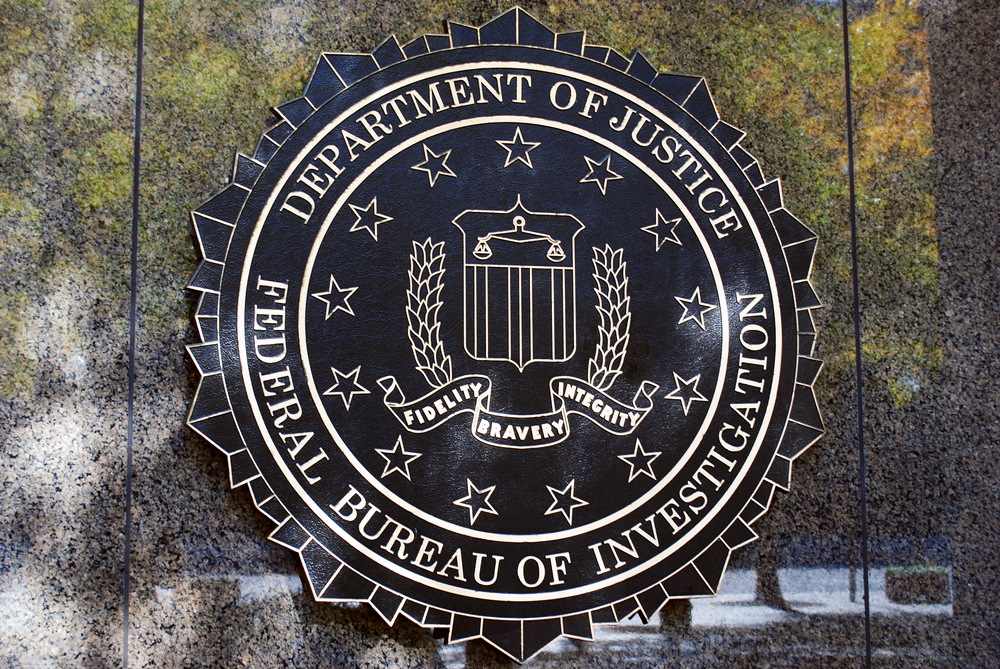 By Nicholas Merrill
Washington Post
By Nicholas Merrill
Washington Post
Sometime in 2012, I will begin the ninth year of my life under an FBI gag order, which began when I received what is known as a national security letter at the small Internet service provider I owned. On that day in 2004 (the exact date is redacted from court papers, so I can’t reveal it), an FBI agent came to my office and handed me a letter. It demanded that I turn over information about one of my clients and forbade me from telling “any person” that the government had approached me.
National security letters are issued by the FBI, not a judge, to obtain phone, computer, and banking information. Instead of complying, I spoke with a lawyer at the American Civil Liberties Union and filed a constitutional challenge against the NSL provision of the Patriot Act, which was signed into law 10 years ago Wednesday.
A decade later, much of the government’s surveillance policy remains shrouded in secrecy, making it impossible for the American public to engage in a meaningful debate on the effectiveness or wisdom of various practices.
To read full column click here.




